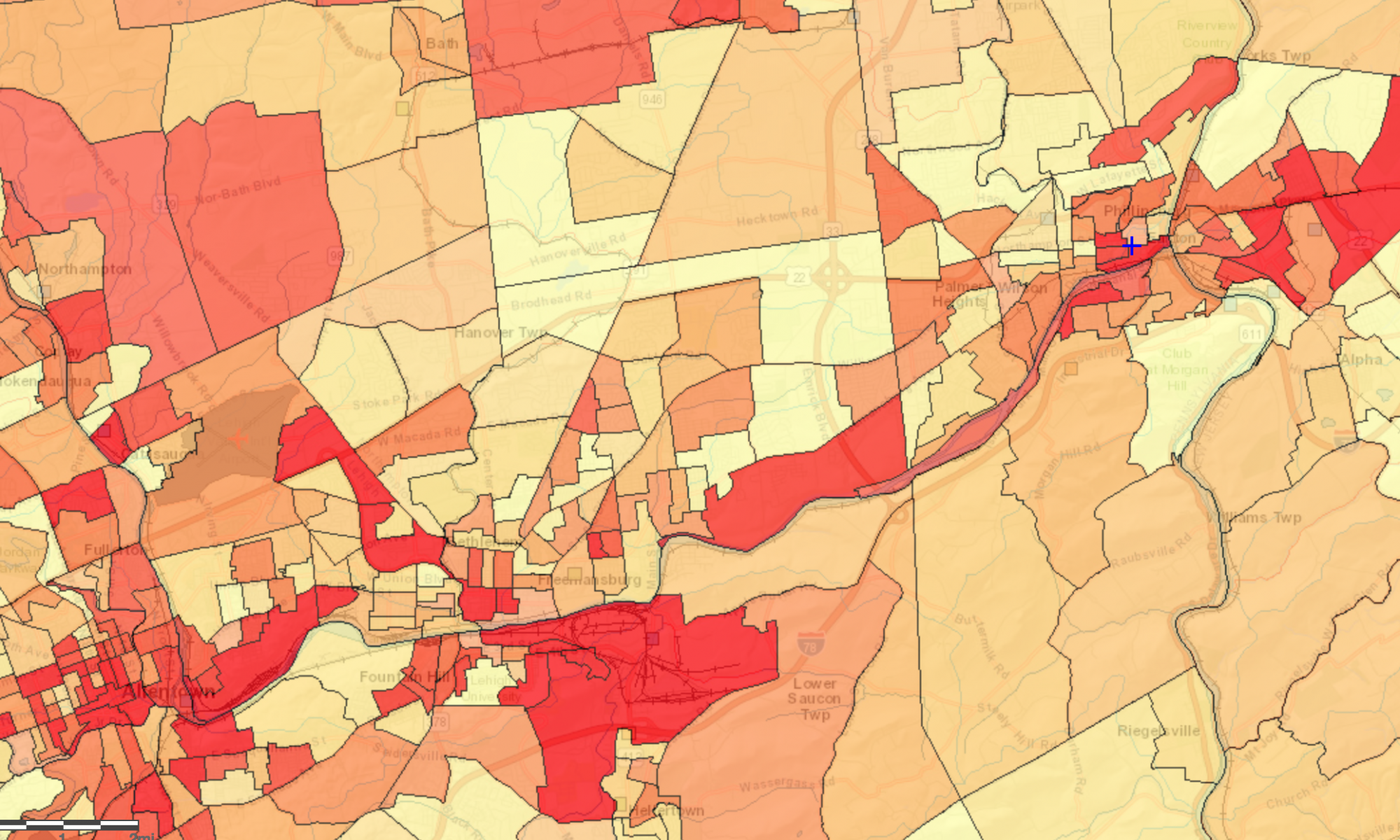PLURALISTIC ACTION
Pluralistic action is an inclusive approach that incorporates the voices of everyone who is a part of the problem. Pluralistic actions ask people to consider other positions on the issue. An example of this form of action can be found in the form of forums. Forums, as described by Dr. Armstrong, a professor in the Programs in Environmental Science and Studies at Lafayette College, says that forums are “a way for experts, or be it trained professionals, representatives of companies, of government, of people going through these experiences themselves… to learn from one another from those different perspectives.” This process is a pluralistic approach to identifying major community-wide issues. Including all parties and giving them each a voice makes this process a more inclusive one. A forum is also a platform for recognitional justice. When people from different perspective are brought together to share their information, it forces the other participants to recognize their position and to hear their own experiences and problems. Dr. Armstrong highlights these aspects of pluralistic recognitional justice. She says that “it is much more than an information exchange… they are much richer. They are much more based on seeing who else is experiencing impacts, and who else is going through something similar that you and your family [or] community are going through. So I think it lends a greater sense of community and a greater sense of belonging in relation to people going through this problem or experience.” This greater sense of community helps bring justice to the problem, because it is a constructive way to humanize the problem. Hearing different perspectives from the people themselves puts a human face and voice to a statistic. Forums facilitate recognition of the problem from a plethora of perspectives.
Forums are great in theory, but can be different in practice. A grassroots organization called the Nurture Nature Center held a forum earlier this year on the PennEast pipeline. To Rachael Carr, founder of the Nurture Nature Center, forums are a “model of community dialogue… The model is driven with a “bottom-up” philosophy that aims to equalize participation by community members, leaders and experts, in recognition of the importance of the perspectives and knowledge of each of those sectors of the community. The model draws on principles from deliberative democracy, public engagement with science, and public hazards research.” The Nurture Nature Center’s model is an approach that largely uses the recognitional benefits of the forum. By educating the public using all available information, a forum helps people understand gain awareness of a problem, while also guiding them in ways they can be effective leaders when try to combat the issue at hand. The Nurture Nature Center does not have any policy stance on the pipeline. They only hosted a forum to inform the people, and to give others a platform to speak when they otherwise might not have had one. Forums are an effective way of “establishing community priorities.” However, action needs to be taken outside of the forum to truly obtain progress.
Protests have been another integral piece of opposition to the pipeline. Groups like the Delaware Riverkeeper Network and Stop PennEast have lead several protests against the pipeline. Major protests that get media attention can help raise recognition and support.
